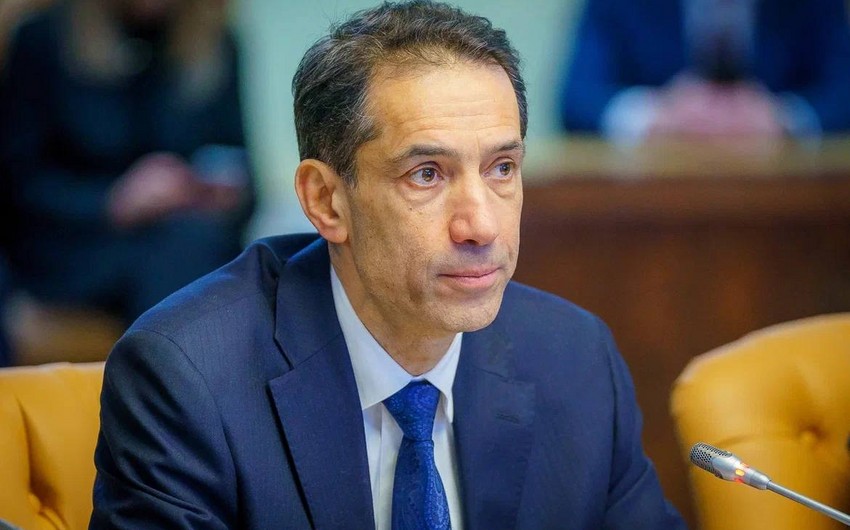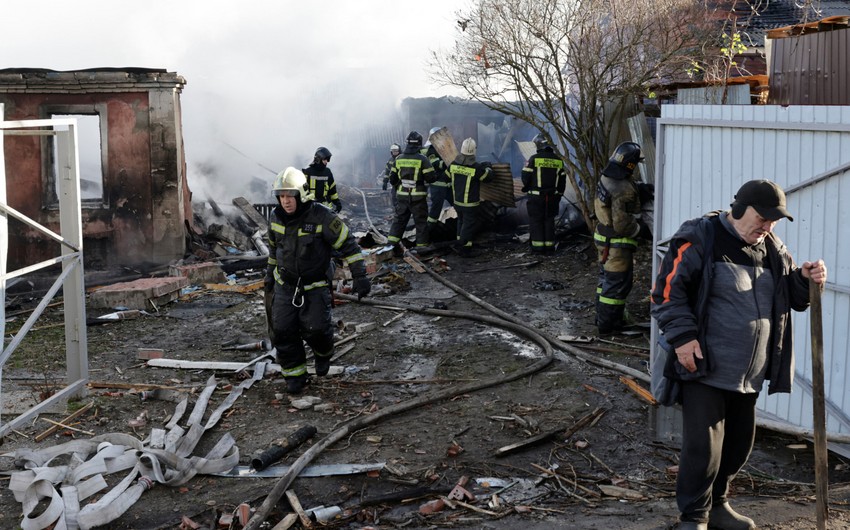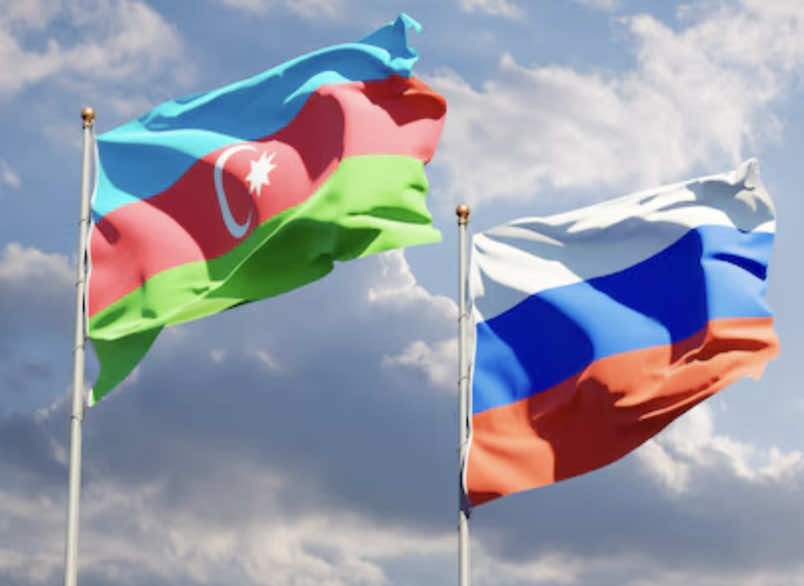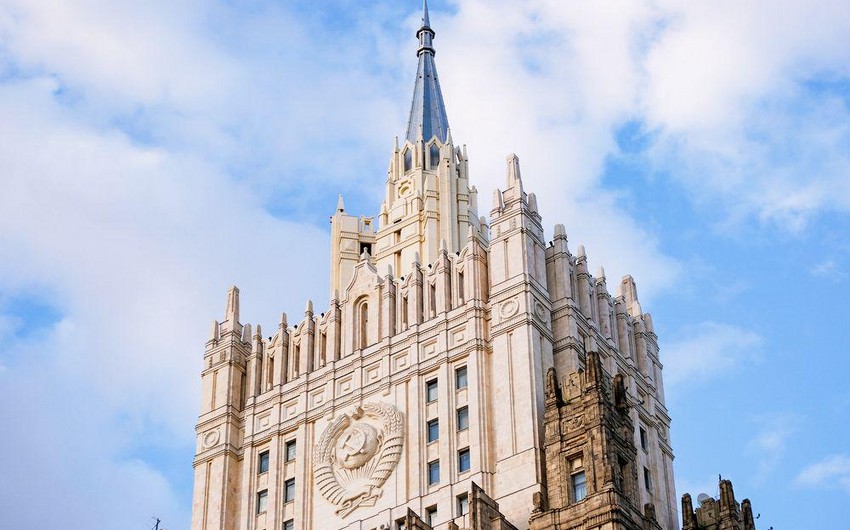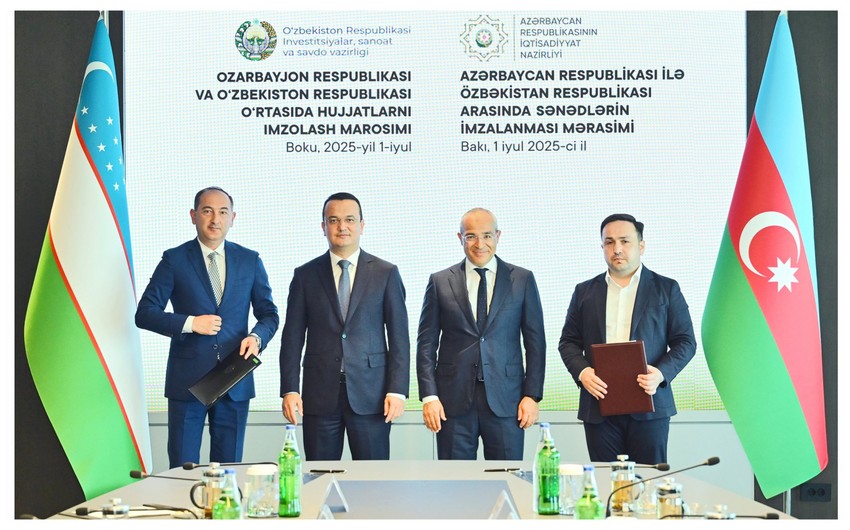Hamas is said to have rejected an Israeli proposal for a six-week ceasefire in Gaza which called for the armed group to give up its weapons.A senior Palestinian official familiar with the talks said the plan gave no commitment to end the war or for an Israeli troop pull-out - key Hamas demands - in exchange for releasing half of the living hostages which it holds.It comes as Israel continues its military offensive in Gaza.
A security guard was killed and nine other people were injured in an air strike on a field hospital in Khan Younis, the hospital said. The Israel Defense Forces said it struck the head of a Hamas cell.A UN agency meanwhile warned that "the humanitarian situation in Gaza is now likely the worst it has been in the 18 months since the outbreak of hostilities".
It is six weeks since Israel allowed any supplies to enter through crossings into the Palestinian territory - by far the longest such stoppage to date.
UN agencies strongly refute Israel's claim that there is enough food in Gaza to last for a long time and suggest the blockade could breach international humanitarian law.Israel's prime minister said the block on supplies was aimed at pressuring Hamas to release hostages and to extend the ceasefire which expired on 1 March.At the same time, the UN's humanitarian affairs office stated.Partners on the ground report a surge in attacks causing mass civilian casualties and the destruction of some of the remaining infrastructure that's needed to keep people alive.
On Tuesday morning, Israeli warplanes struck by the gate of the Kuwaiti Field Hospital in al-Mawasi, a crowded tented area for displaced people on the coast near Khan Younis in southern Gaza, hospital spokesman Saber Abu Arar told.The man killed worked at the site, he said, and those injured were both hospital staff and patients. Three ambulances and some tents used as a reception area were damaged.
Graphic footage released by the field hospital on Facebook showed a man covered in blood being rushed away with attempts made to resuscitate him.The IDF said in a statement that it "struck the head of a Hamas terrorist cell and a combat zone commander" outside the hospital, without giving any evidence.It also said a "precise munition" was used to mitigate harm in the area.
The attack comes after the UN Secretary General, Antonio Guterres, said he was "deeply alarmed" at Sunday's strike on al-Ahli Arab Hospital in Gaza City, his spokesman said.Israel said it targeted a building at the site which Hamas was using as "a command-and-control centre" - something the group denied.Doctors scrambled to evacuate the hospital, saying they were given just a 20-minute warning by the IDF. A 12-year-old boy being treated for head injuries is said to have died because his care was disrupted.
The hospital - which had been the best functioning in northern Gaza - is now out of service and cannot admit new patients.Under international humanitarian law, wounded and sick, medical personnel and medical facilities, including hospitals, must be respected and protected.He added that the attack dealt "a severe blow to an already devastated healthcare system in the strip", adding that with aid blocked, there was strong concern that medical supplies were now running low as well as stocks of food and water.
The UN secretary general pointed out that under international humanitarian law, an occupying power had obligations to ensure relief for the civilian population.Recent Israeli military evacuation orders have led to wide-scale displacement of Gaza's 2.1 million population.The UN says about 70% of the strip is currently under displacement orders or in "no-go" zones," where the Israeli authorities require humanitarian teams to coordinate their movements.
In Israel, polls suggest that a majority of Israelis back a Gaza ceasefire deal and - when it comes to their countries' stated war goals - prioritise bringing home the hostages over dismantling Hamas' governing and military capabilities.
However, Netanyahu is backed by hard-line religious ultranationalist parties who have threatened to collapse the government if he ends the war.Israel signed onto a ceasefire deal in January, leading to the release of 33 hostages - 25 of them alive - in exchange for some 1,800 Palestinian prisoners in the first six-week stage.
It then largely refused to begin talks on the planned second stage which was supposed to lead to a full withdrawal of Israeli forces and a complete end to fighting.In the past week, Israeli military reservists and veterans have signed several open letters condemning the ongoing war and questioning its priorities.
There has also been criticism of the IDF's chief of staff and air force commander for sacking air force reservists who signed an original statement.This has coincided with rising frustration among reservists and their families over the cost of ongoing reserve duty along with the government's failure to draft ultra-Orthodox Jews despite the IDF facing shortages of combat soldiers.
Madina Mammadova\\EDnews




